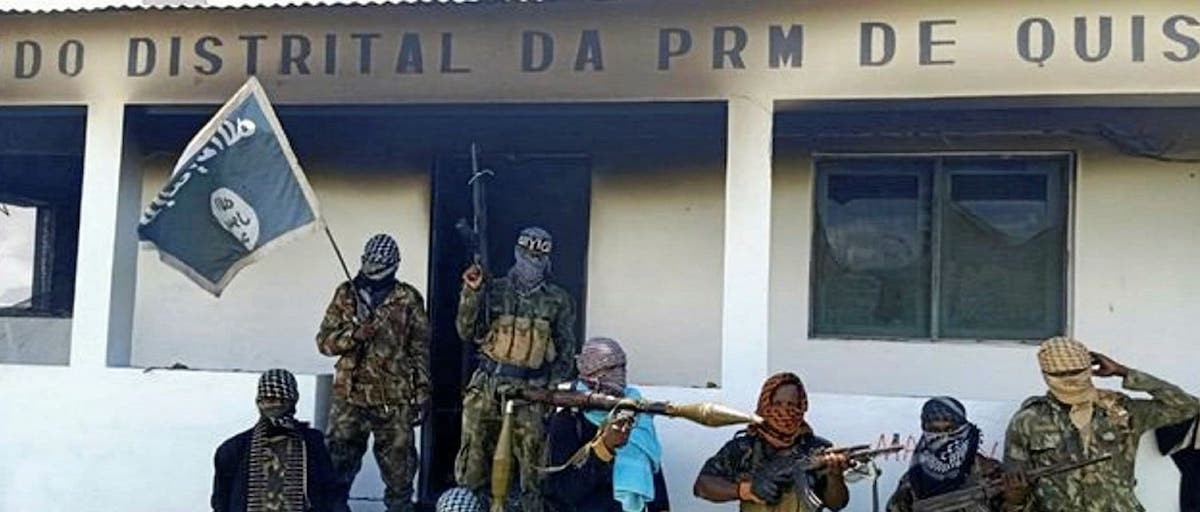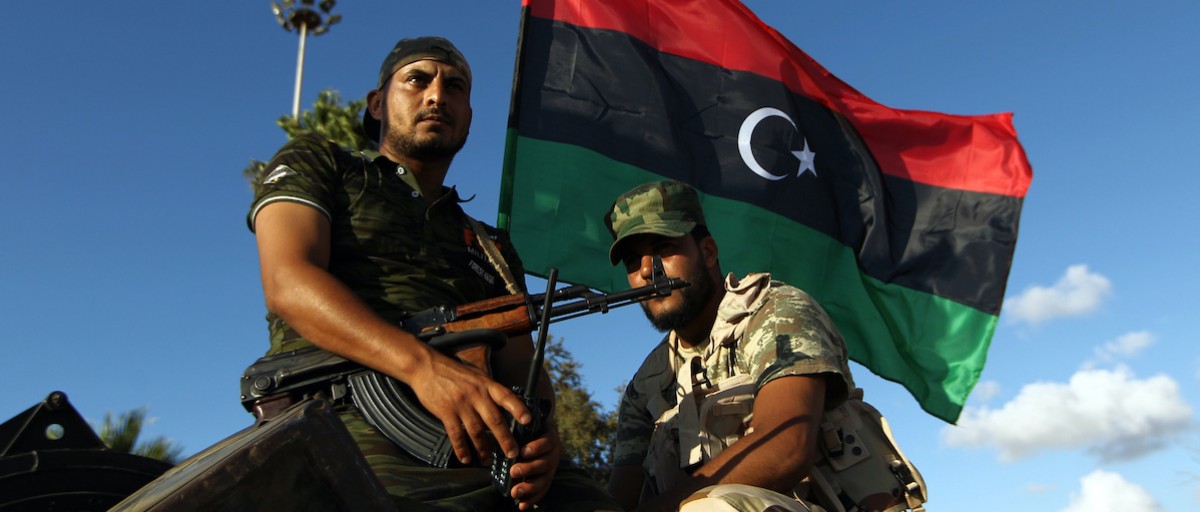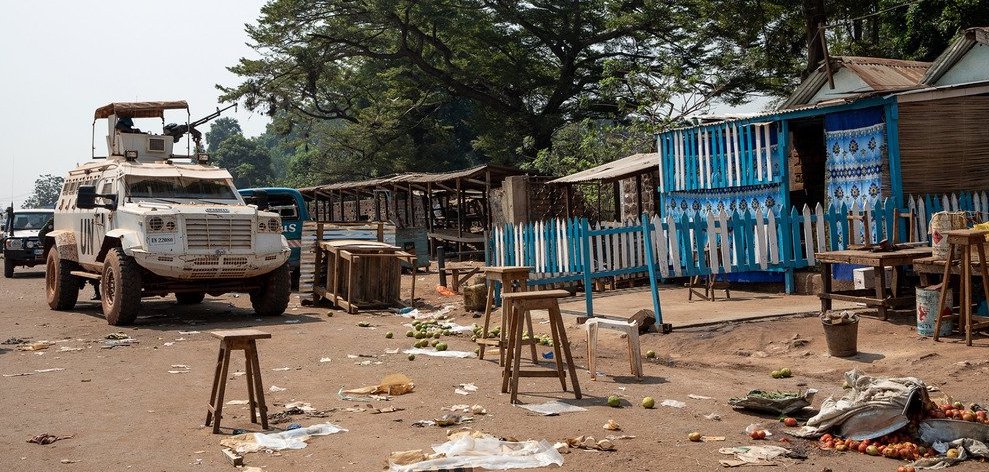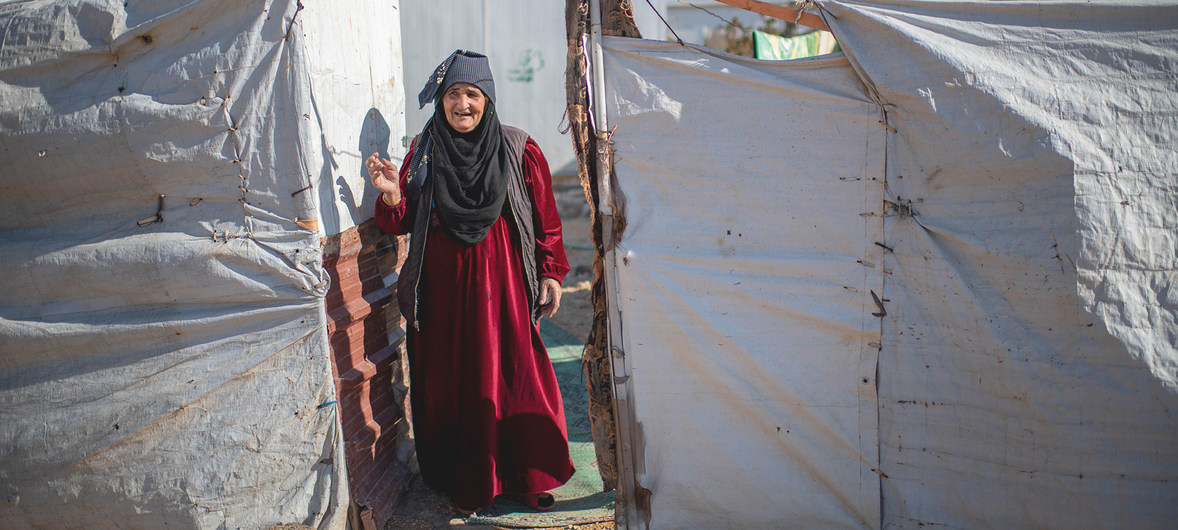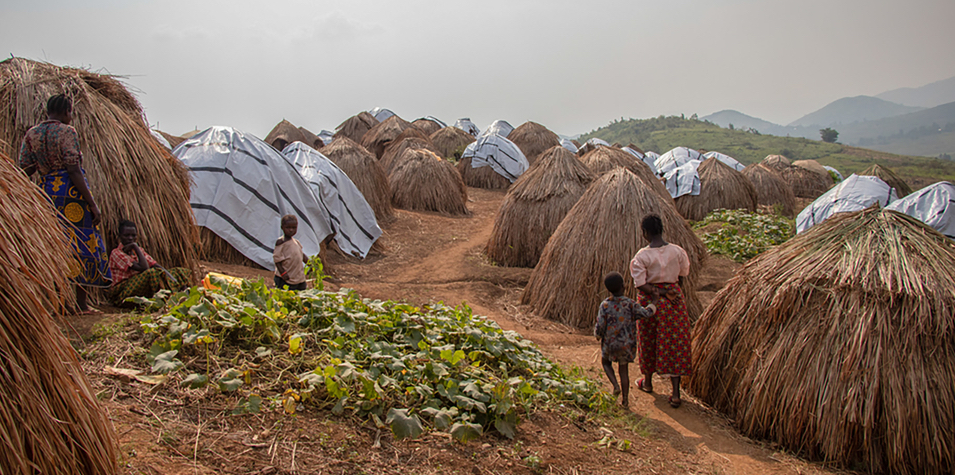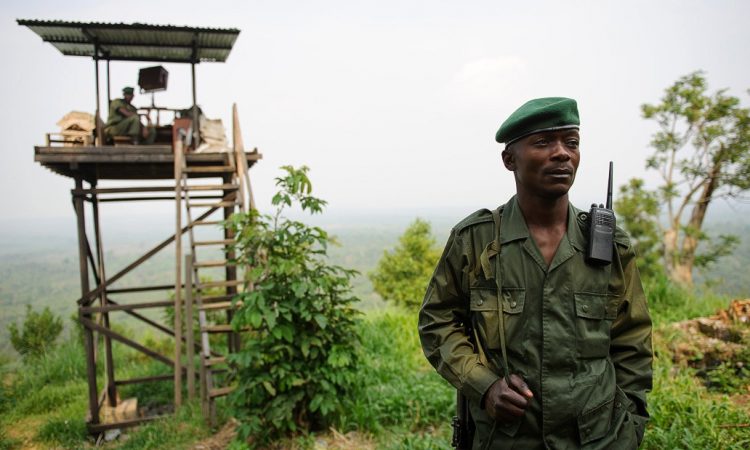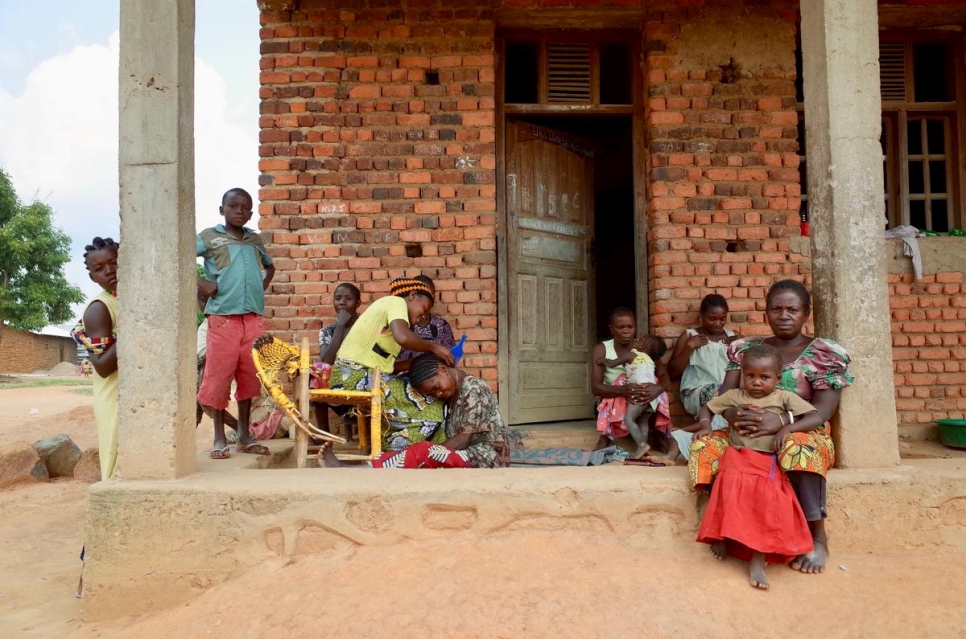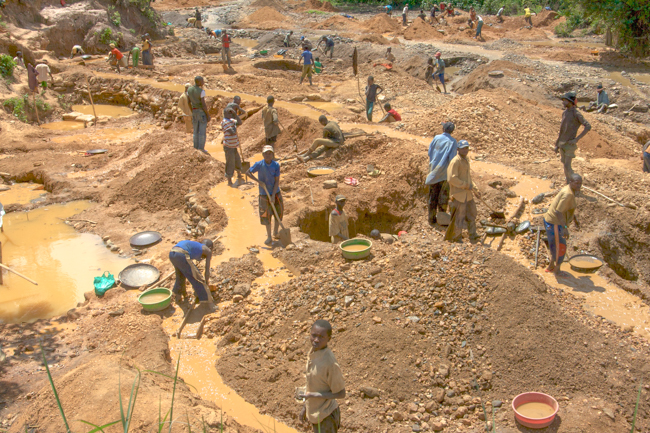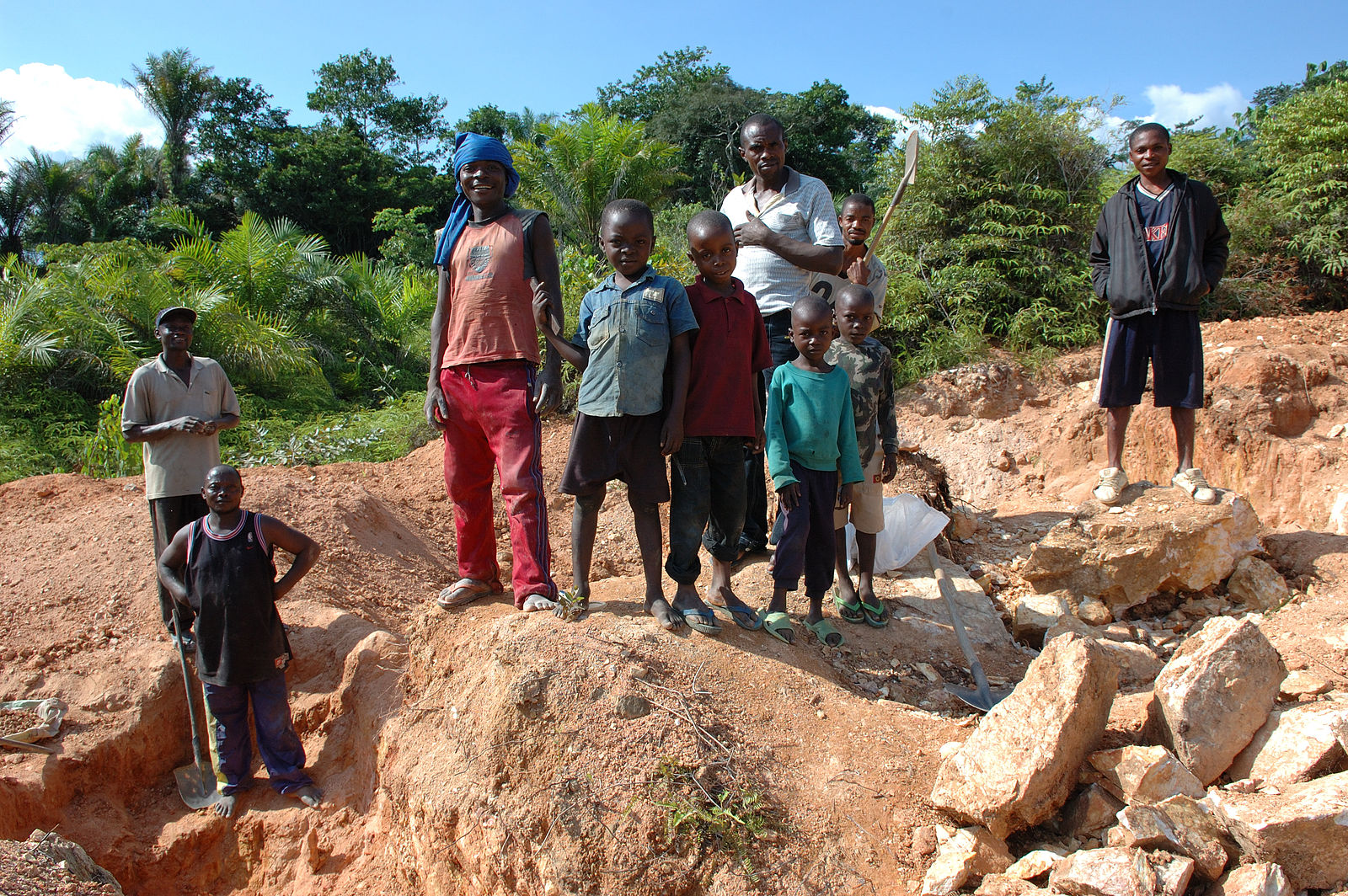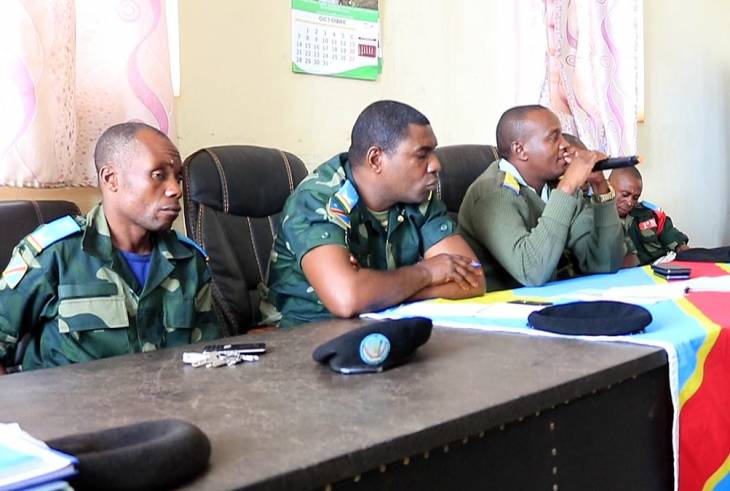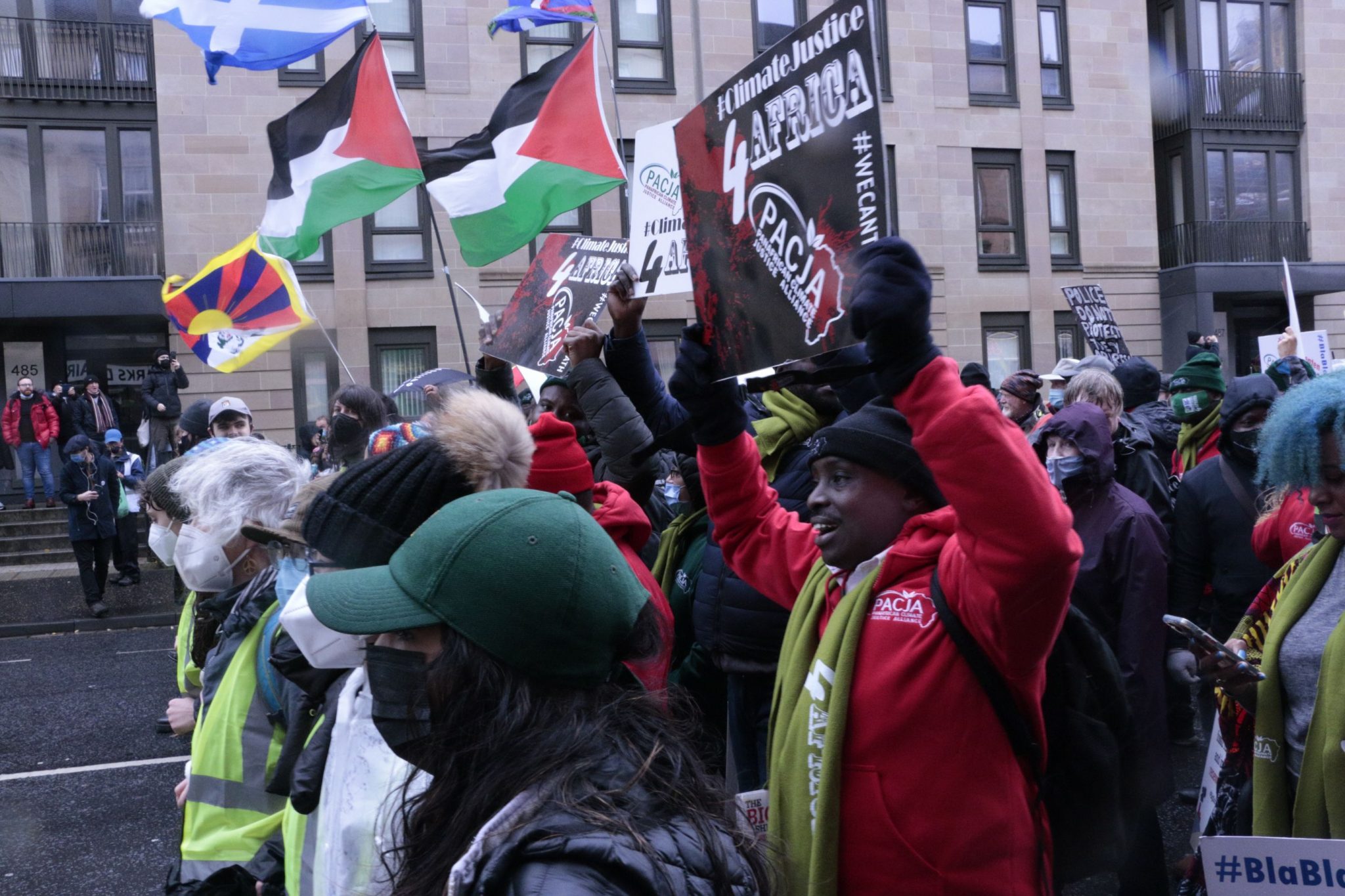
‘Net-zero’ skeptics march in Glasgow
Thousands marched in Glasgow as the COP26 climate summit entered its second week Nov. 6, demanding ambitious and concrete proposals on limiting global warning to 1.5° Celsius above pre-industrial levels—the lowest target under the 2015 Paris Agreement. Police arrested 21 people, including members… Read more‘Net-zero’ skeptics march in Glasgow




